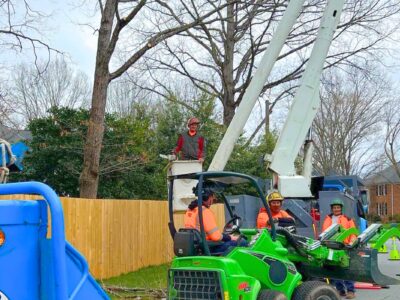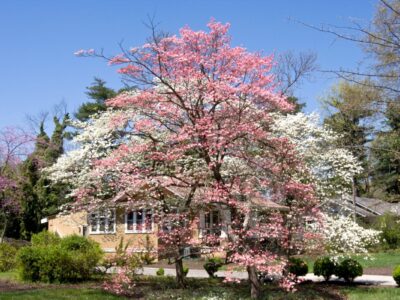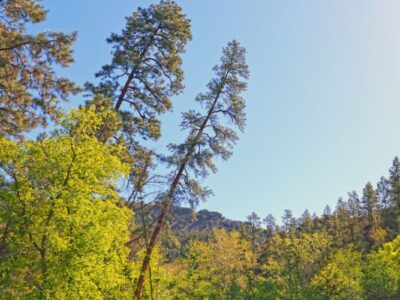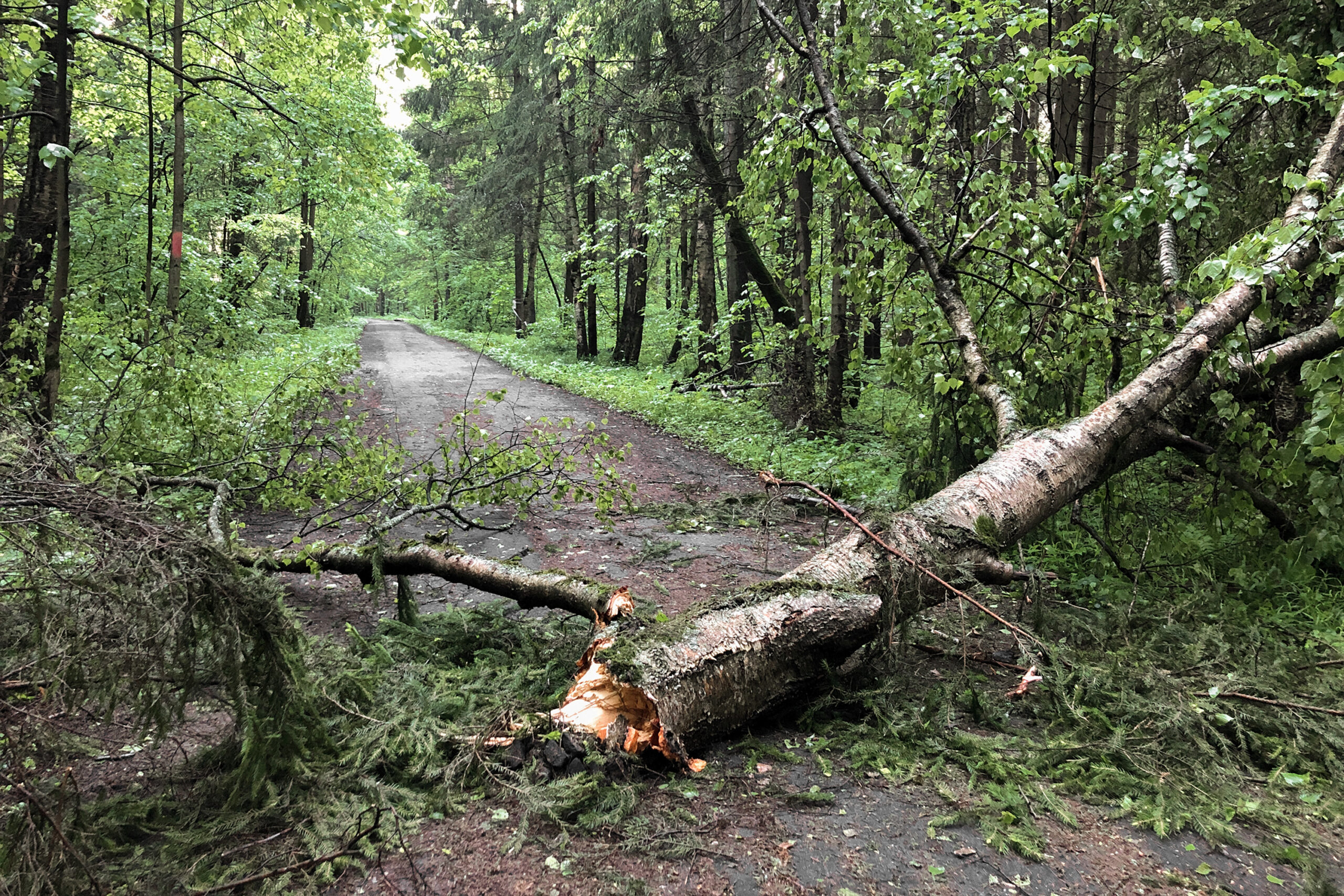6 Tree Planting Tips for New Trees
August 30, 2023
There are several considerations you need to make to ensure tree planting success in Winston-Salem, North Carolina. Get the tree
When choosing the type of new tree to plant in your Winston-Salem yard, you may be at a loss for where to start. And while many collections of tree planting tips simply recommend careful consideration of the species you choose, there are a host of additional questions you need to ask yourself to help you select that perfect tree.
While multiple considerations can make selecting a new tree for your North Carolina yard can seem overwhelming, by accounting for things like the time of year to plant your tree, the characteristics of the species you choose, and the environmental needs of your new trees, you’ll be able to confidently select the ideal tree to add to your property.
So, to help you choose the right tree, this article will discuss a few tree-planting tips and considerations you should make when planting new trees in North Carolina. These include:
- Which Seasons Are Best to Plant a Tree in the Winton-Salem Area
- Soil Considerations for Planting New Trees
- Sunlight Considerations for Your Newly Planted Tree
- Drainage Needs of Newly Planted Trees
- Space Considerations When Planting New Trees
- The Importance of Inspecting Trees You Plan to Buy
What Season Should I Plant a Tree in the Winston-Salem Area?
Almost any time is a good time to plant a tree in the Winston-Salem area. As long as the ground isn’t frozen (and won’t be for at least 6-8 weeks), new trees can thrive in whatever season they’re planted.
But while spring and summer are the seasons that first come to mind for most people when planting trees, there are a couple of advantages to fall tree planting worth mentioning.
Cooler autumn temperatures and moist soil from the summer rains help reduce transplant stress for newly planted trees. This allows your fall-planted trees to establish root systems before the winter freeze and show faster growth next spring.
Additionally, trees planted in the warmer spring and months are at a slightly increased risk of pests and diseases since these are more active during these times of year. Also, trees planted during this time can be at risk of heat stress and drought. But you shouldn’t let this dissuade you from spring or summer planting if that’s what you want to do.
To reiterate, you don’t need to avoid planting during the spring and summer; just be diligent in ensuring your newly planted trees get all the care they need.
Do you want additional tree-planting tips? The city of Winston-Salem has an in-depth tree-planting guide here and the Winston-Salem Urban Forestry Department has a helpful video about tree and shrub management.
Tree Planting Tips – Critical Questions to Ensure Tree Planting Success
Whatever tree you choose to plant, it’s going to have specific needs. Ask yourself the following questions to ensure your new tree is set up for success.
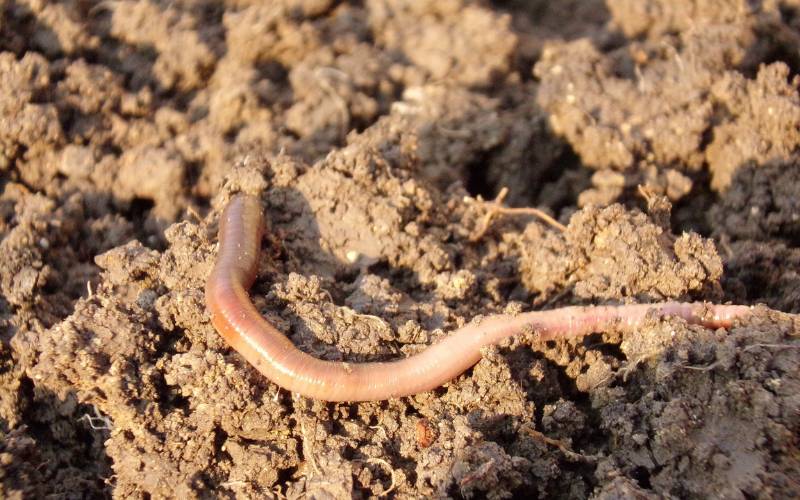
Good soil is brimming with life, full of organic material and nutrients for your trees.
What’s the Soil Type?
Cecil soil is the most abundant soil type in North Carolina, covering 1.6 million acres of the state including the Piedmont region. In fact, Cecil soil is so abundant that it was named the state’s “official soil” in 1996 by the Soil Science Society of North Carolina. While the consistency and other qualities of Cecil soil are generally great for trees, it’s important to know the specifics of your property’s soil, including any nutrient deficiencies, pH imbalances, and drainage issues.
How Much Sunlight Does My New Tree Need?
You know trees need sunlight, but some need more (or less) than others. If you plant a tree that needs full sun, avoid planting it in a shady area or among taller trees that could out-compete your new tree for sunlight. On the flip side, a tree that requires partial shade shouldn’t be planted in an area that receives full sunlight all day.
Does My Soil Drain Well?
Adequate drainage is essential for your tree’s roots. Saturated soil can prevent tree roots from absorbing nutrients and deprive them of oxygen. This can kill your tree, and the wet soil is perfect for root rot to set in. Root rot is a fungal disease that compromises root development and tree health.
You also don’t want soil that drains too quickly as it could require excessive watering to keep your tree alive. Soils that drain 1-3 inches per hour are usually acceptable for most plants, including trees.
What are the Space Constraints for My New Tree?
Think about the tree and the space itself when choosing your planting location. How tall will your new tree be when it’s fully grown? How wide will the canopy spread be? By considering how your tree might affect nearby structures and powerlines, you will save yourself future headaches and possible removals that could have been avoided with some foresight.
Another space consideration you might not consider is the space the roots will need. Do the roots need to spread out? Are they shallow?
You want to avoid planting in areas where the developing roots could wrap around and otherwise invade underground utilities. Additionally, roots can grow into cracks in building foundations, driveways, and sidewalks, expanding and causing significant and expensive damage that must be fixed in time.
Asking these questions and actively addressing potential tree planting issues helps avoid the disappointment of choosing an unsuitable tree. Don’t hesitate to work with experts if you’re unsure about matching the right tree to your property.

When purchasing a new tree, inspect it for potential health and structural issues such as the “girdling” shown here. Image used courtesy of Jason Gatch, University of Georgia, Bugwood.org.
Tree Planting Tips – Inspect Before Buying
Once you’ve decided which kind of tree you’re going to plant and what it needs from the environment, it’s crucial you inspect each specimen before you purchase and plant.
Like all species, individual trees have different characteristics, and some of these characteristics can cause future problems and should be avoided.
Inspect trees before purchase for:
- Balanced branch structure without odd pruning
- No girdling roots that could choke the tree
- Plump, healthy roots with no circling or kinking
- Disease/pest-free leaves and no knots in bark
- Good form rather than leaning or damage
Additionally, the size of the tree you plant is a major consideration. Hire pros to ensure proper planting of large trees. Improper planting will doom your trees!
By considering these factors and asking the right questions ahead of time, you’ll increase your chances of tree planting success and be able to enjoy your trees for many, many years to come.
Do you Need Help with Your Trees This Fall?
The experts at Godspeed Tree Service can help keep your Forsyth County trees safer, healthier, and looking beautiful. Call us at 336-399-8348 today and see why we’re the Winton-Salem area’s trustworthy tree experts!

Godspeed Tree Service
Owned and operated with high standards and consistent reliability by Bobby Gates, Godspeed Tree Service has earned the trust of the North Carolina Triad community over the course of more than 25 years in business. With a strong emphasis on safety, conscientious training, and accommodating the needs of each client, you can't go wrong by hiring Godspeed for any of your tree service needs!
